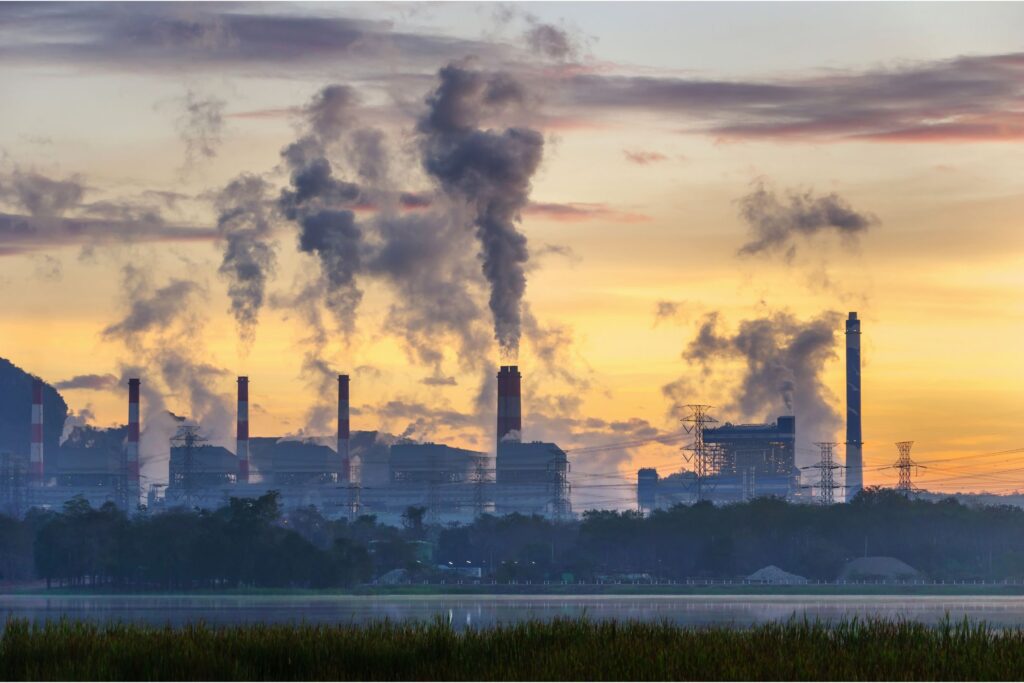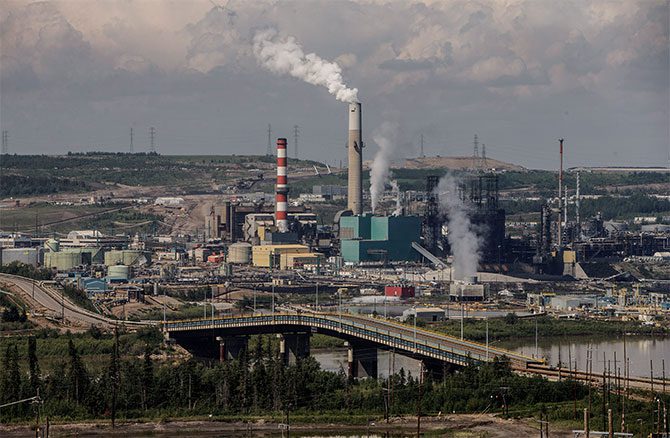ENVIRONMENTAL DEFENCE, SKEENA WATERSHED CONSERVATION COALITION, WET’SUWET’EN HEREDITARY CHIEF
Pipeline Push Ignores Fossil Fuel Costs to Public, Government, and Energy Trends
New analysis from Environmental Defence reveals that in 2024, the Government of Canada provided nearly $30 billion in direct subsidies and public financing to oil and gas companies and projects
Ottawa | Traditional, unceded territory of the Algonquin Anishinaabeg People – A new analysis released today by Environmental Defence reveals Canada’s federal government provided at least $29.6 billion to the fossil fuel and petrochemical industries in 2024 alone – a massive amount of taxpayer money that went towards making it cheaper to find, extract, process, transport, and export fossil fuels and their derivatives.
“Oil and gas companies – emboldened by their influence over President Trump – are exploiting the current economic uncertainty to call on governments to double down on fossil fuels by expanding pipelines and other projects and finding new export markets,” said Julia Levin, Associate Director, National Climate. “This push ignores the fact that fossil fuels come at a high price — not just at the pump, but through rising costs of groceries, worsening health outcomes, damage to property and huge government handouts. It also ignores the rapid energy transition towards renewable energy that is happening globally.”
“Canada is putting billions into oil and gas, knowing that they can’t make a profit”, said Chief Na’Moks, Wet’suwet’en Hereditary Chief. “The government funding goes straight to the company’s shareholders and wealthy executives, meanwhile, it’s Canadians and the world who pay the high price of living with climate change and disasters funded by Canada.”
Key findings from the analysis:
- In 2024, the Government of Canada provided at least $29.6 billion in financial support to fossil fuel and petrochemical companies. That is more than the price of building out interprovincial electricity grid connection infrastructure, which is estimated to cost $24 billion.
- The largest sources of federal support were $21 billion in financing for the TransMountain pipeline and $7.5 billion in public financing through the crown corporation Export Development Canada, including $700 million for LNG infrastructure.
- Over the last five years, the estimated total amount of financial support to the oil and gas sector from the federal government was $74.6 billion.
- While oil and gas companies continue generating significant revenues, they are not investing these into addressing their ever-increasing pollution levels. In 2024, four of Canada’s largest oilsands producers (Cenovus, Imperial Oil, CNRL, and Suncor) earned more than $20 billion in profits. They reported nearly $30 billion in combined capital expenditures to continue growing oil and gas production, yet none of the companies reported investments in emissions reductions or climate initiatives as part of their capital spending.
- The climate pollution created by oil and gas companies has massive costs, including health costs, property damage from extreme weather events, and decreased agricultural productivity due to changing weather patterns. In 2024, the pollution from oil and gas companies operating in Canada was an estimated $53 billion.
According to Gwii Lok’im Gibuu / Jesse Stoeppler, Co-Executive Director at the Skeena Watershed Conservation Coalition, “the majority of financial support has gone to an outdated, decades-old fossil fuel pipeline project. The LNG industry, in particular, is so drawn to this country because government after government continues to socialize the costs while privatizing the profits.”
“This is Canada’s time to forge our own future based on our own values,” said Levin. “By scaling up renewable energy projects and building our national electricity grid, we could put thousands of Canadians to work, build our energy security and provide affordable energy for all. Canadians should be very wary of calls for new pipelines: it’s taxpayers who end up paying the price for new fossil fuel infrastructure as foreign-owned companies and wealthy shareholders reap the rewards.”
Read the full analysis here.
ABOUT ENVIRONMENTAL DEFENCE (environmentaldefence.ca): Environmental Defence is a leading Canadian advocacy organization that works with government, industry and individuals to defend clean water, a safe climate and healthy communities.
– 30 –
For more information or to request an interview, please contact:
Midhat Moini, Environmental Defence, media@environmentaldefence.ca
Jen Wickham, Wet’suwet’en Hereditary Chief, yintahaccess@gmail.com
Stephanie O’Neill, Skeena Watershed Conservation Coalition, stephanie@skeenawatershed.com






